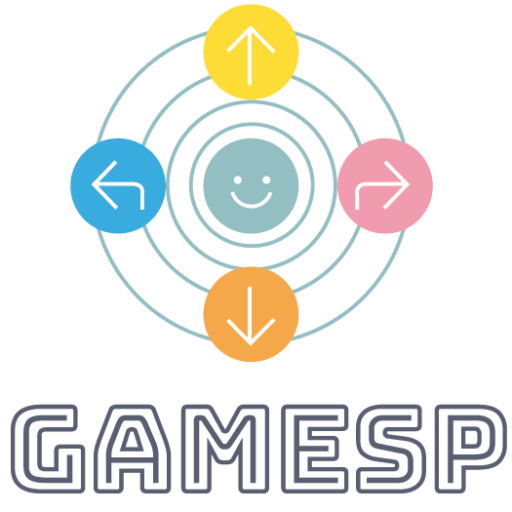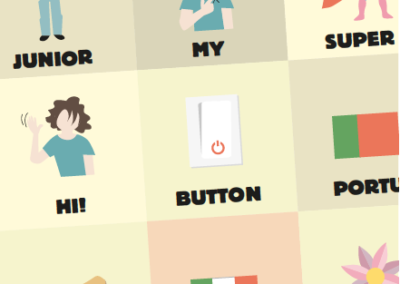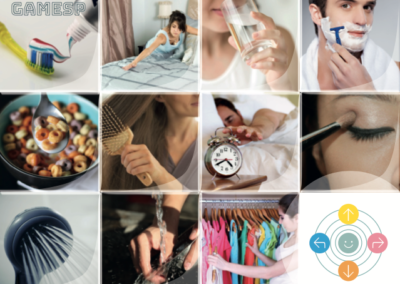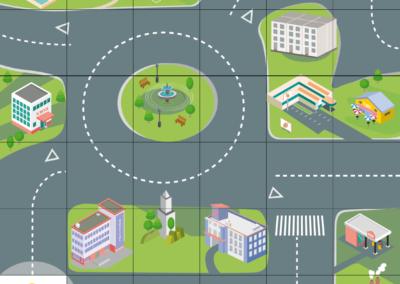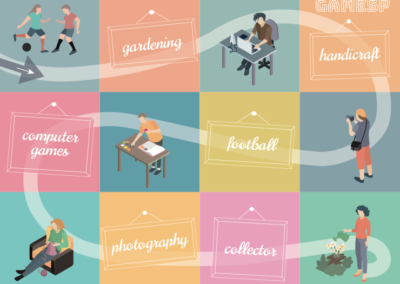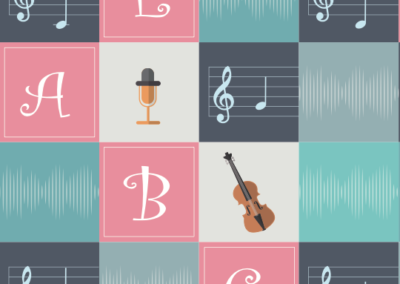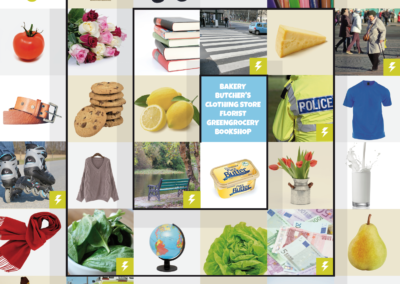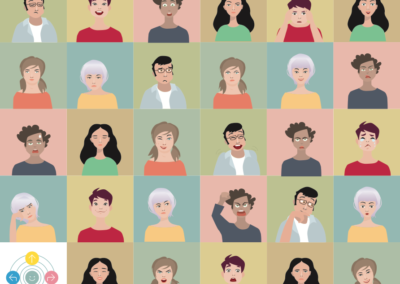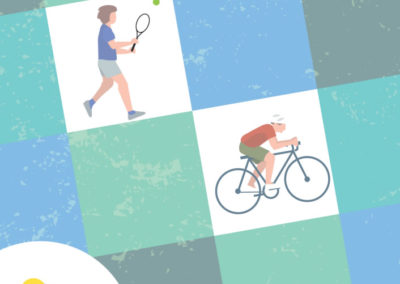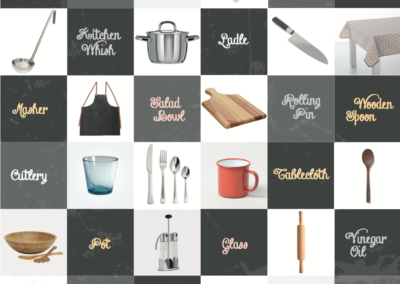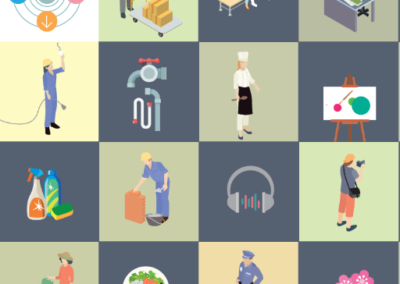Teaching Units
TEACHING UNITS
The platform includes 10 units with at least 3 different set activities to be carried out. The activities are presented in ascending order of difficulty (Beginner, Intermediate and Advanced) and are based on already existing games or new ones that can be created from blank templates to adapt to the needs of the different users. The aim of the games is to work and improve on different areas, such as orientation, sequence, etc.
These units are designed to encourage play between two people, which can be students as well as adults with disabilities or families, thus improving interaction along with peer learning. This role can also be carried out by parents and educators.
FURTHER INFORMATION
The units are based on Adaptive Skills: the capacities, behaviours and abilities that a person should acquire in order to function and perform successfully in their regular environment, as well as in their groups of reference and those according to their age. Taking this into account, the units presented are the following:
- Let’s begin!
- Daily activities
- My environment
- Hobbies
- Music and dancing
- Shopping
- Social skills
- Sports
- Cooking
- Work
Each one of these thematic units or working projects makes it possible to address a large number of objectives and cross-cutting contents from a constructivist approach. “The projects provide the student with the opportunity of studying a topic in depth, of coming up with new questions and exploring the answers, as well as determining the best way to perform recently acquired experiences” (Gardner, 2015).
LET’S BEGIN!: It is an opening unit. Its aim is basically to introduce the robot and what it can do (buttons, movements, operation modes, different parts, etc.) and to get started with it.
HOBBIES: This unit is about hobbies and the things that we would like to do in our spare time. For example: connecting pictures of hobbies with their names, obtaining more information through the use of QR codes and collaborating with other people in a game.
WORK: In this unit we delve into the understanding of activities and skills that are useful in a work environment and see what the robot can do in order to practice and achieve important goals to enter and remain in the labour market. We focus on all social skills that boost the autonomy in a work environment.
MY ENVIRONMENT: In this unit we learn more about the robot, about their own neighbourhood, region or city and about how to behave in different situations in their close environment.
SPORTS: The robot will play different sports and we will see some of the benefits of physical exercise in humans: our body, self-esteem, improved sleep quality, etc.
DAILY ACTIVITIES: We will see how to create a daily routine that they can follow every day, talk about their habits related to household tasks and evaluate whether they dedicate enough time to different activities in their life as well as their satisfaction level with these activities.
MUSIC: In this unit we learn the seven different musical notes, build the musical scale and play our own music, while at the same time, encouraging socialisation and the improvement of the person’s self-esteem by working and playing in teams of two or more players.
LET’S GO SHOPPING: Through shopping activities we encourage the players’ autonomy as well as their knowledge on the different sections of a supermarket, the different kinds of shops, etc. Planning and preparing the shopping list allows us to control spending, prepare healthy menus, define our dressing style, etc.
SOCIAL SKILLS: In this unit we address a range of socially accepted behaviours in interpersonal situations in which it is important to pay attention to emotions, communication skills, self-control, social standards, etc. that increase our self-esteem without harming the people around us.
THE KITCHEN: In this unit, the robot will move in a kitchen environment. We will carry out activities such as counting, doubling, dividing, measuring, etc. as well as strengthening skills related to daily life autonomy.
